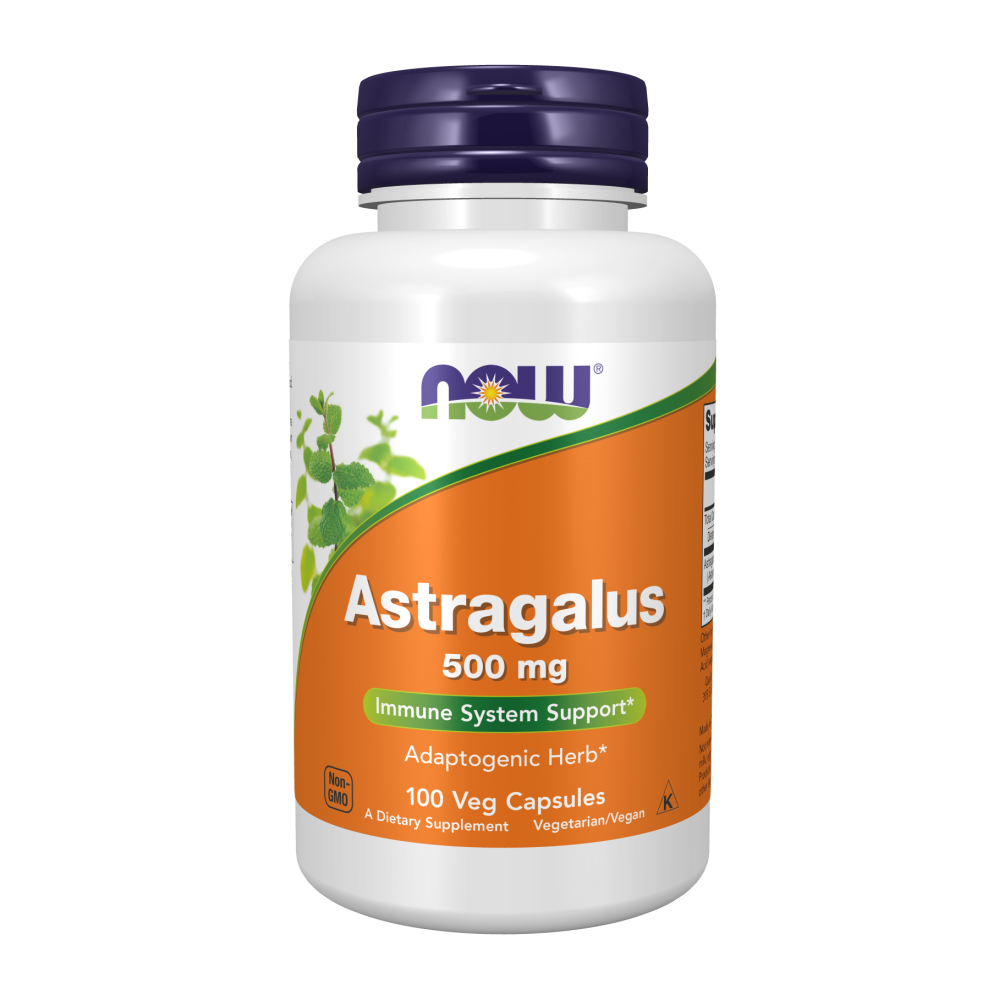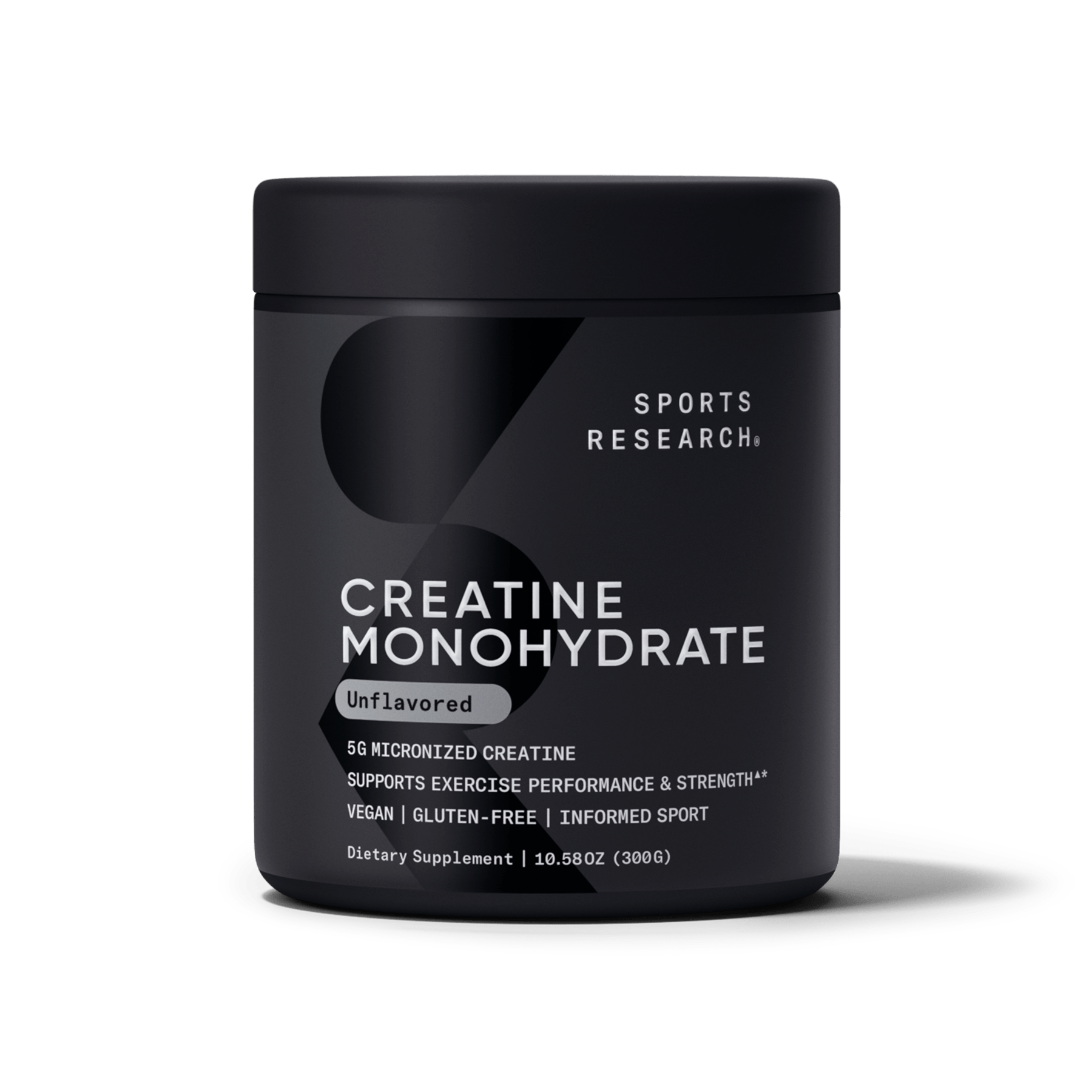
Postpartum alopecia is one of the conditions that may affect women in the months following childbirth. New mothers lose about 400 hairs a day, compared to the usual 80-100 hairs people normally shed. Postpartum alopecia is one of the most common changes a woman can experience after pregnancy.
Hair loss in women after pregnancy is due to how hormones work in their bodies. Although hair loss is distressing, there are ways to prevent or treat it.
This article focuses on prevention tips and possible remedies for postpartum alopecia. It also tackles how mothers can cope with hair loss after giving birth.
The postpartum period can bring on various physical changes, such as hair loss. Alopecia is a source of concern for many people, so knowing how to prevent or manage it is essential.
This article lets you learn about different hair loss remedies and prevention tips, such as using supplements or laser devices.
Prevention Tips for Postpartum Hair Loss
There is no proven way to prevent postpartum hair loss. However, you can cope and avoid excessive hair loss and keep your hair healthy by following these recommendations:
1. Practice a balanced and healthy diet
A balanced diet includes all the vitamins and minerals your body needs. While caring for your child is a priority, you should also eat well and lead an active lifestyle.
Postpartum hair loss may be unavoidable, but diet changes and increased energy after delivery can alter regular hair growth patterns. When a person has an imbalance of nutrients, the body will distribute energy to vital organ systems and away from nonessential functions like hair growth.
To prevent this occurrence, eat a healthy diet with plenty of leafy greens, supplements, and fruits.
2. Take steps to reduce stress in your life
Not only are stress and anxiety known to cause hair loss, but they are also linked to conditions that can induce such a problem. Stress can lead to hair loss in men and women.
Stress hormones like cortisol can disrupt your hair cycle and make it more difficult for you to grow healthy locks. Caring for your newborn can be stressful, so you must find ways to relax.
Try meditating, getting a massage, or visiting the spa. Modified postnatal yoga can help reduce stress levels.
3. Get proper sleep
After delivery, you need to rest. And the best way is to take advantage of your baby's naps. Sleep deprivation is a form of stress, and studies have shown that stress can cause hair loss. Stress is also associated with both temporary and permanent hair loss conditions.
4. Monitor your hair growth or cycle
Although some changes are inevitable as you age, there is natural technology that can help you keep your locks healthy.
Professional activators are topically applied serums that blend botanicals such as glycyrrhizin from liquorice root, salicylic acid, sanguisorba, and Japanese rose hips. Professional hair activators prevent excess shedding and boost natural hair growth.
The topical activators, which can be safely used during breastfeeding to support a healthy hair cycle, are accompanied by volume-boosting shampoos and conditioners that help prevent excessive hair fall.
5. Take proper care of your hair
Taking good care of your hair and avoiding excessive brushing is crucial. Keep your hair clean and healthy, and protect it from the sun by wearing a hat.
Instead of using rubber ponytail holders or hair clips, you can use bandanas or scrunchies to hold back your hair. Tight braids and ponytails can cause hair breakage.
Effective Remedies for Postpartum Hair Loss
Hair loss treatments are meant to slow down or reverse hair loss. Unfortunately, there is still no hair loss cure. Still, there are home remedies known to help regrow your hair after having a baby.
1. Coconut Oil
For people with fine hair, coconut oil can prevent breakage by penetrating deep into your hair shaft to slow down protein loss. Applying coconut oil to your scalp can moisturise and remove buildup around hair follicles, helping regrow lost or thinning hair.
2. Biotin (vitamin B7)
Biotin is a hair vitamin and a joint supplement used to treat hair loss. It is found in many sources, including prenatal or postnatal vitamins and hair, nail, and skin supplements. Egg yolks, nuts, seeds, and sweet potatoes are good sources of this B vitamin.
Adequate biotin intake might reduce inflammation in hair follicles and promote new hair growth.
3. Flaxseed Oil
This oil can be applied to the scalp to enhance hair growth. Plant-based oils can help seal the hair's cuticle, reducing breakage and frizz and promoting optimal growth.
Because of its nutritional profile, flaxseed oil offers benefits such as reducing inflammation and contributing to heart health. Flaxseed oil also contains omega-3 fatty acids, B vitamins, and vitamin E, which promote hair growth.
4. Laser Devices
A remarkable technological breakthrough is using lasers to stimulate and encourage hair growth. Laser hair growth devices or low-level laser light therapy (LLLT) may help stimulate hair growth for people experiencing hair loss, like women who have just given birth.
Studies on LLLT have shown that this laser treatment can stimulate hair growth in both males and females. Hairmax* laser devices have been clinically proven to be both a safe and effective way to regrow hair in 7 clinical studies. Additionally, they are cleared by the FDA and TGA certified to treat Androgenetic alopecia (hormone related hair loss)
Mothers must know how to avoid or cope with postpartum hair loss. Watching their diet, taking supplements that help their body cope with hormonal changes, and exercising can help prevent such a condition.
The good news is that hair loss can be temporary, and hair typically grows back. Still, the tips in this article will help mums take care of their hair and well-being, too.
References
1. Postpartum Hair loss
https://my.clevelandclinic.org/health/diseases/23297-postpartum-hair-loss
3. Role of Low-Level Light Therapy (LLLT) in Androgenetic Alopecia
https://www.ncbi.nlm.nih.gov/pmc/articles/PMC8906269/





